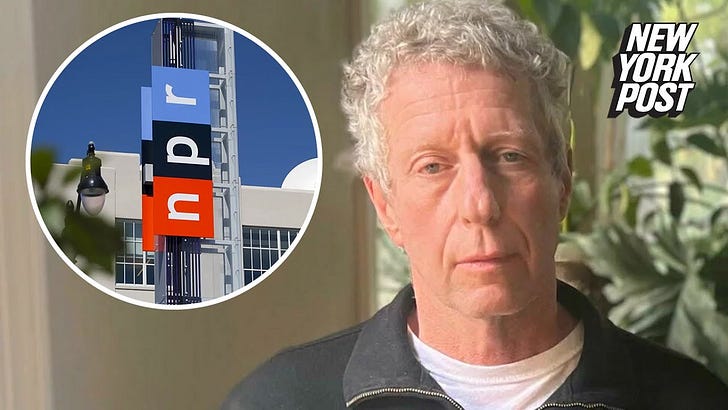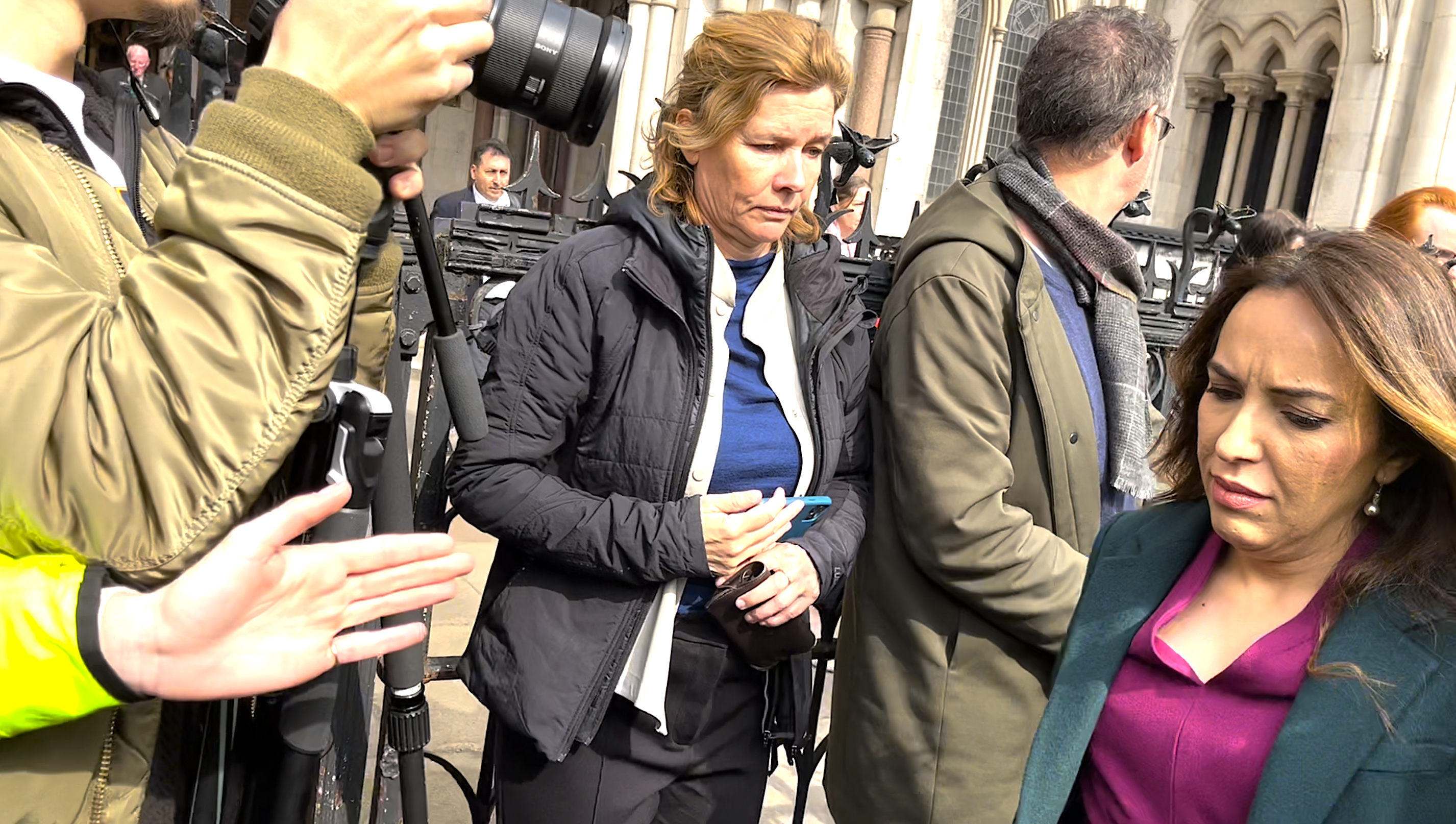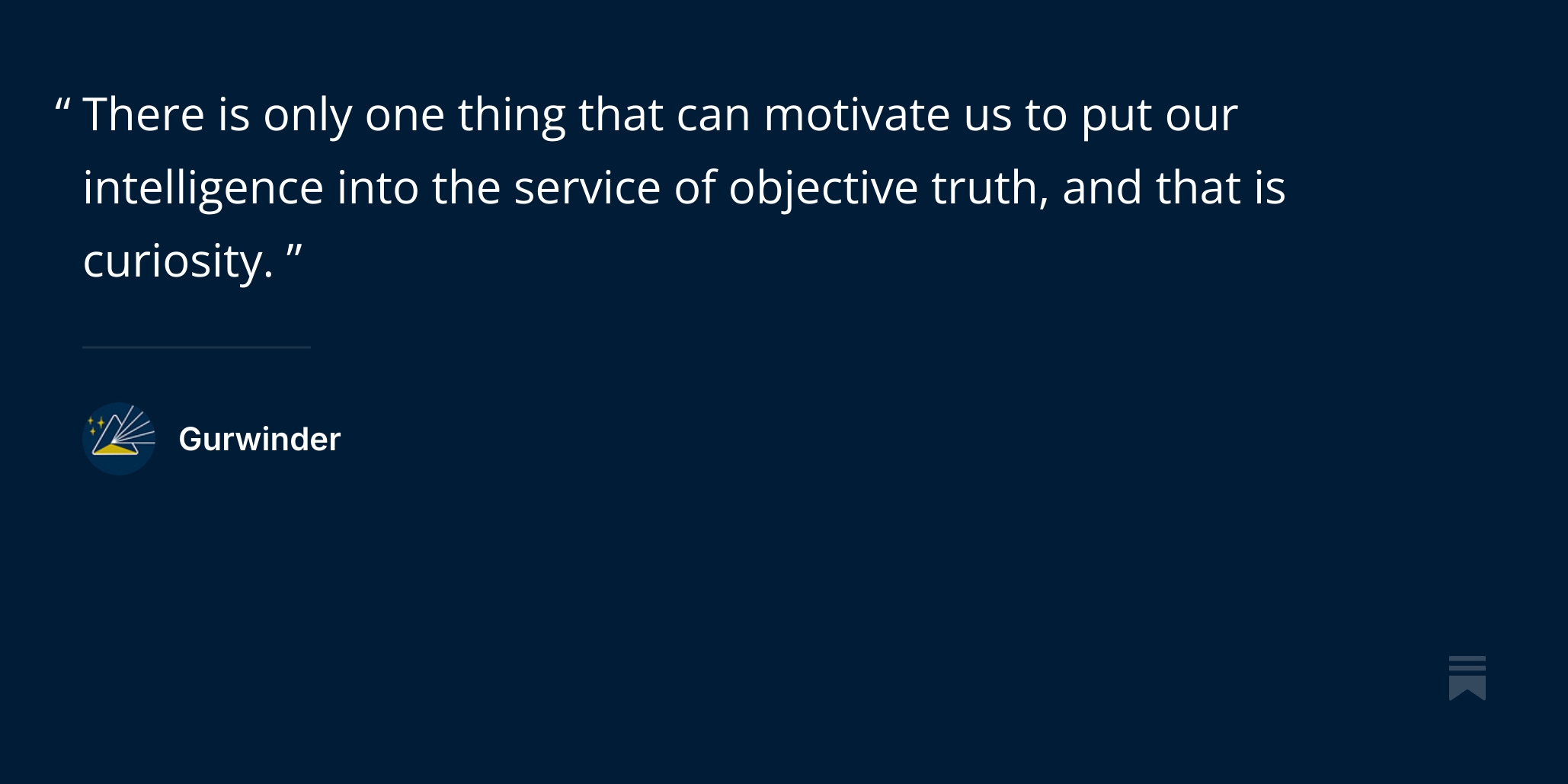ORIGINAL LINK: https://charleswright1.substack.com/p/medical-coder-i-knew-they-hospitals


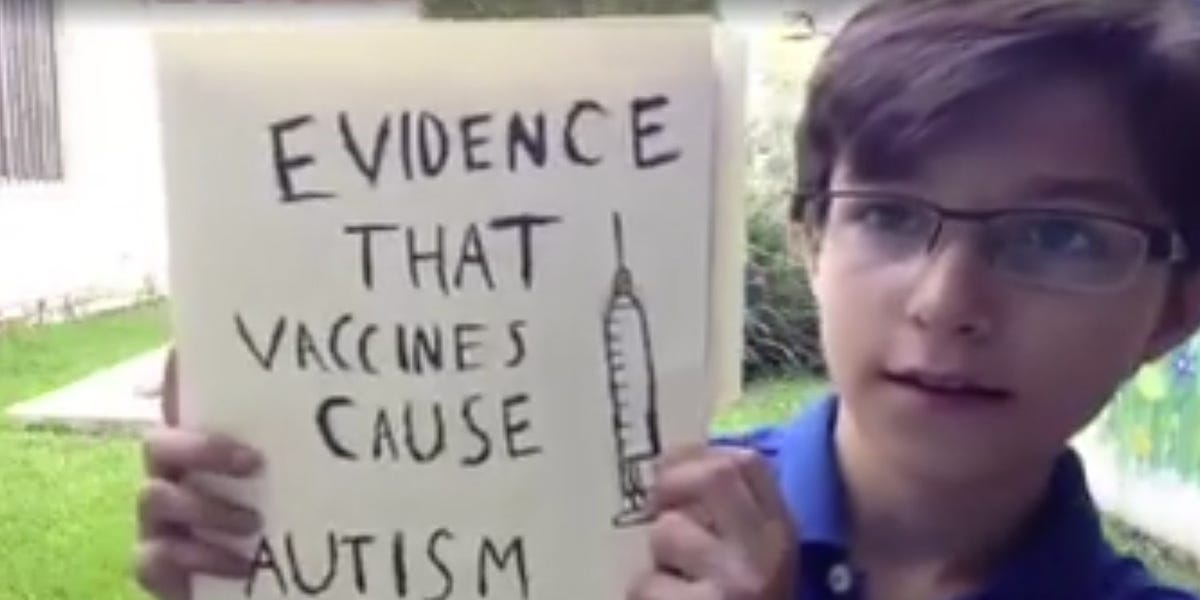
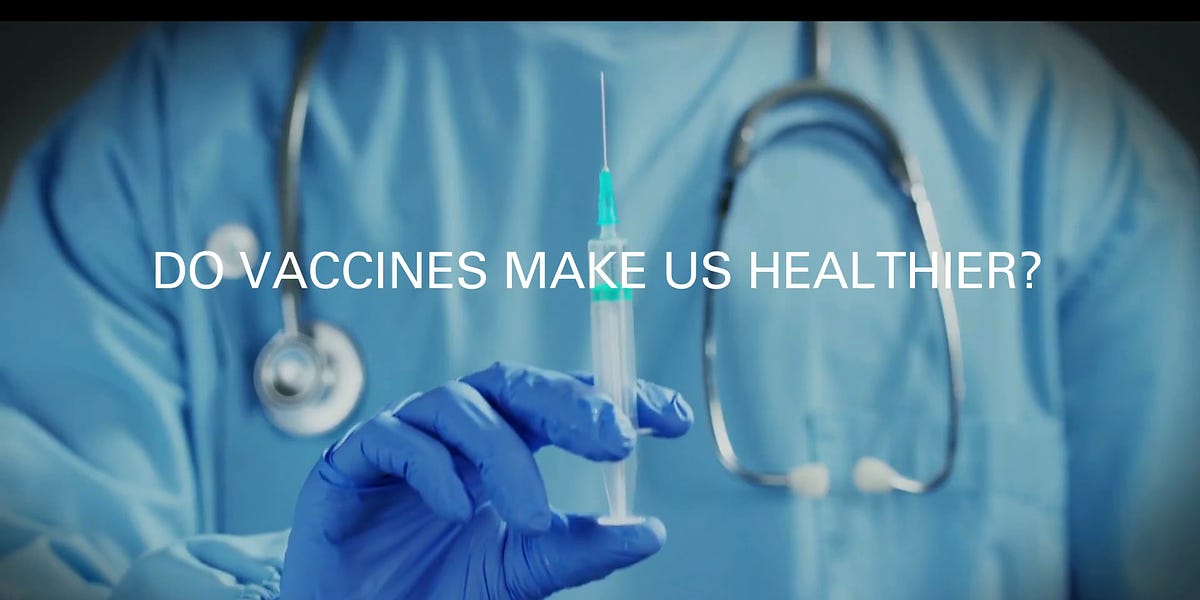
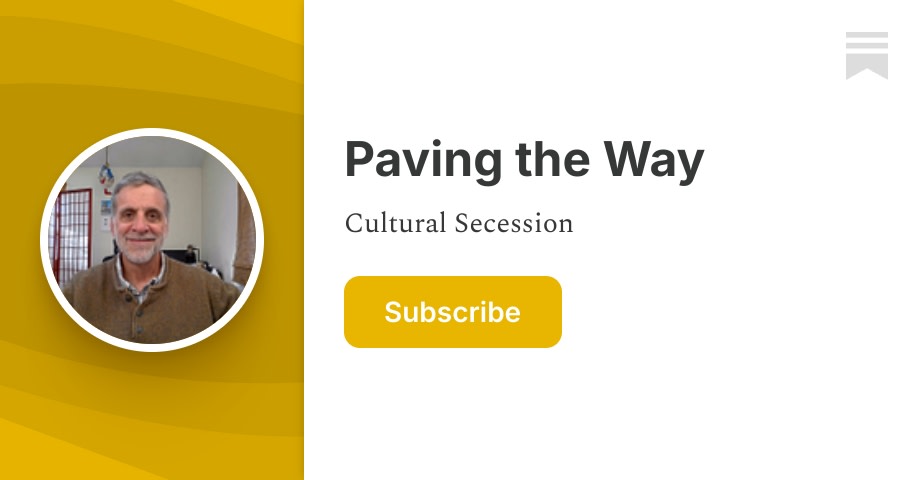
After weeks of anticipation, the day has finally arrived: In a dramatic push into uncharted waters for the social media behemoth that saw Mark Zuckerberg make overtures to his former arch-nemises (the Winklevii), Facebook has finally published the white paper for its long-awaited stablecoin, "Libra".
After weeks of anticipation, the day has finally arrived: In a dramatic push into uncharted waters for the social media behemoth that saw Mark Zuckerberg make overtures to his former arch-nemises (the Winklevii), Facebook has finally published the white paper for its long-awaited stablecoin, "Libra".
It wouldn't be an exaggeration to say that Facebook's white paper was the most hotly anticipated crypto whitepaper ever - made more so by Facebook's extreme secrecy surrounding the project, which Zuck reportedly hopes will steer the company out of a morass of scandal and into a new era. But Facebook will also be expanding into a major new business (payments) just as the FTC and DoJ initiate anti-trust investigations against FB and a handful of other tech giants, and regulators on both sides of the Atlantic have already expressed some concern.
Per the white paper, Facebook’s global stablecoin will be dubbed "Libra." It will operate on its own "Libra" blockchain, and will be backed by a reserve of assets, which technically makes it a "stable coin" (not unlike Tether). The coin will be governed by a non-profit consortium, the "Libra Association," which will oversee development of the "Libra" ecosystem from Switzerland.
Per the FT, Facebook will spin off a unit called Calibra, which will be "totally separate" from FB, to manage the Libra digital wallet offering, which will be integrated into Facebook's family of apps. Facebook said that financial data gathered by Calibra wouldn't be shared without users' consent.
Some 28 partners, including Visa, Mastercard, PayPal and a smattering of others, have pledged to help build out the ecosystem and will kick in $10 million to kick start the "Libra Association" that will govern the coin, and its reserve assets.
According to the Guardian, the coin will facilitate payments across Facebook’s various platforms (including WhatsApp and Instagram), as well as a new "Libra" payments app. The coin's software will be open source according to FB, allowing developers to build out an ecosystem around it (possibly incentivized with gifts of sensitive user data.
Across the developed and developing worlds, Facebook hopes its app will help plug the "payments gap" created by 1.7 billion adults without bank accounts.
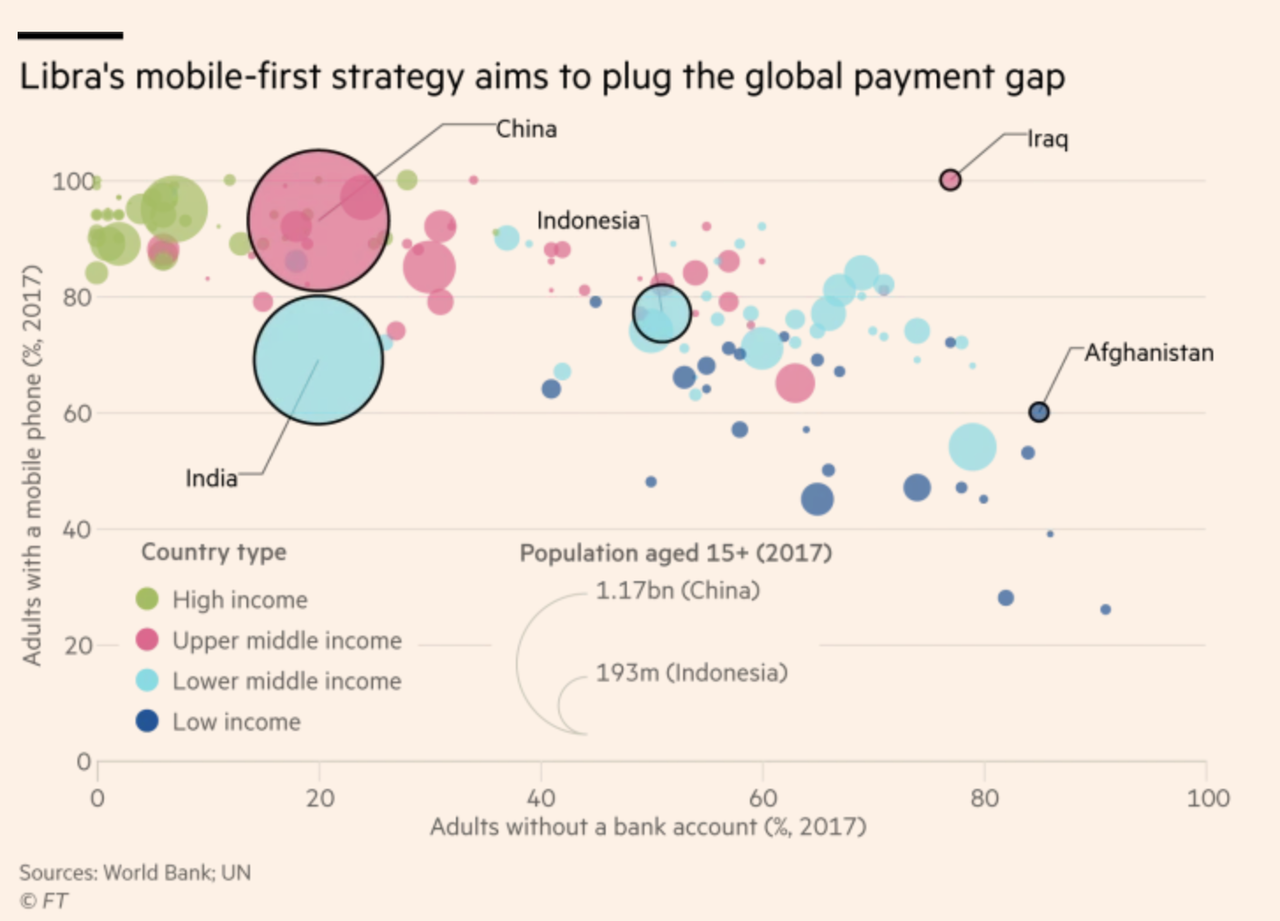
Fox Business adds:
Facebook’s new cryptocurrency platform could provide the embattled social media giant with a new revenue stream of historic proportions as it contends with a possible federal antitrust probe and continued scrutiny over its data privacy practices.
[...]
Facebook’s cryptocurrency could thrive in emerging markets, providing a more stable alternative for transferring money in areas with volatile currencies and unstable governments, according to RBC Capital Markets. The firm expects "Libra" to facilitate person-to-person payments, traditional e-commerce and spending on apps or gaming services on Facebook-owned properties.
"We believe this may prove to be one of the most important initiatives in the history of the company to unlock new engagement and revenue streams," RBC Capital Markets analysts said in a note to investors.
Facebook plans to make transactions no- or low-fee, but reportedly hopes to make money by offering loans and other financial products. The cryptocurrency is set to launch early next year.
Read the full white paper below:
LibraWhitePaper en US by Zerohedge on Scribd
President Trump says he knows who was behind the September 11, 2001 attacks, telling ABC News's George Stephanopoulos "Iraq did not knock down the World Trade Center," adding "It were other people. And I think I know who the other people were. And you might also."
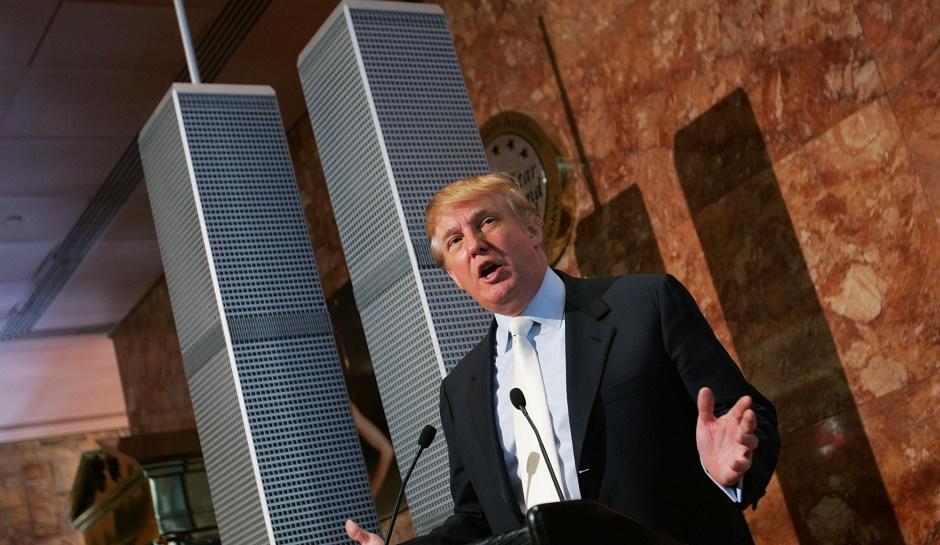
Nearly 3,000 people died when 19 mostly-Saudi terrorists hijacked four passenger planes, flying them into the Twin Towers and the Pentagon, while the fourth went down in a Pennsylvania field after passengers allegedly fought back. Astonishingly, the passports of three hijackers were recovered; two at the Pennsylvania crash site, and one from the World Trade Center grounds. While nobody claimed responsibility for the attacks for several months, the NSA and German intelligence reported intercepting communications pointing to al-Qaeda leader Osama bin Laden, after which investigators linked the 19 hijackers to the terrorist organization.
Trump segued from his 9/11 comments into a criticism of America's military intervention in the Middle East, calling it "the worst decision made in the history of our country," and describing the region as "like quicksand."
"It was a terrible decision to go into the Middle East. Terrible," said Trump, adding "We’re now up to almost $8 trillion. And when we want to build a roadway, a highway, a school, or something, everyone’s always fighting over money. It’s ridiculous. So that was a bad decision."
The US, backed by allies including Britain, invaded Afghanistan, where the terror group was being sheltered. But 9/11 was also used as part of the justification for the 2003 invasion of Iraq, which resulted in the deaths of hundreds of thousands of Iraqis, more than 4,000 Americans and 179 British troops, and contributed to the rise of the Isis terror group. -Independent
Trump came under fire during the 2016 election when he claimed "There were people that were cheering on the other side of New Jersey, where you have large Arab populations," adding "They were cheering as the World Trade Center came down." Defending his comments, Trump pointed to a September 18, 2001 Washington Post article which reads "In Jersey City, within hours of two jetliners' plowing into the World Trade Center, law enforcement authorities detained and questioned a number of people who were allegedly seen celebrating the attacks and holding tailgate-style parties on rooftops while they watched the devastation on the other side of the river."
in April after he tweeted a montage of the 9/11 attacks interspersed between Somali-American Rep. Ilhan Omar (D-MN) downplaying the incident as "some people did something," at a March 23 event for the Council on American-Islamic Relations (CAIR).
WE WILL NEVER FORGET! pic.twitter.com/VxrGFRFeJM
— Donald J. Trump (@realDonaldTrump) April 12, 2019
Also arrested in the aftermath of the attacks were the so-called five "Dancing Israelis" which locals reported were celebrating around New Jersey.
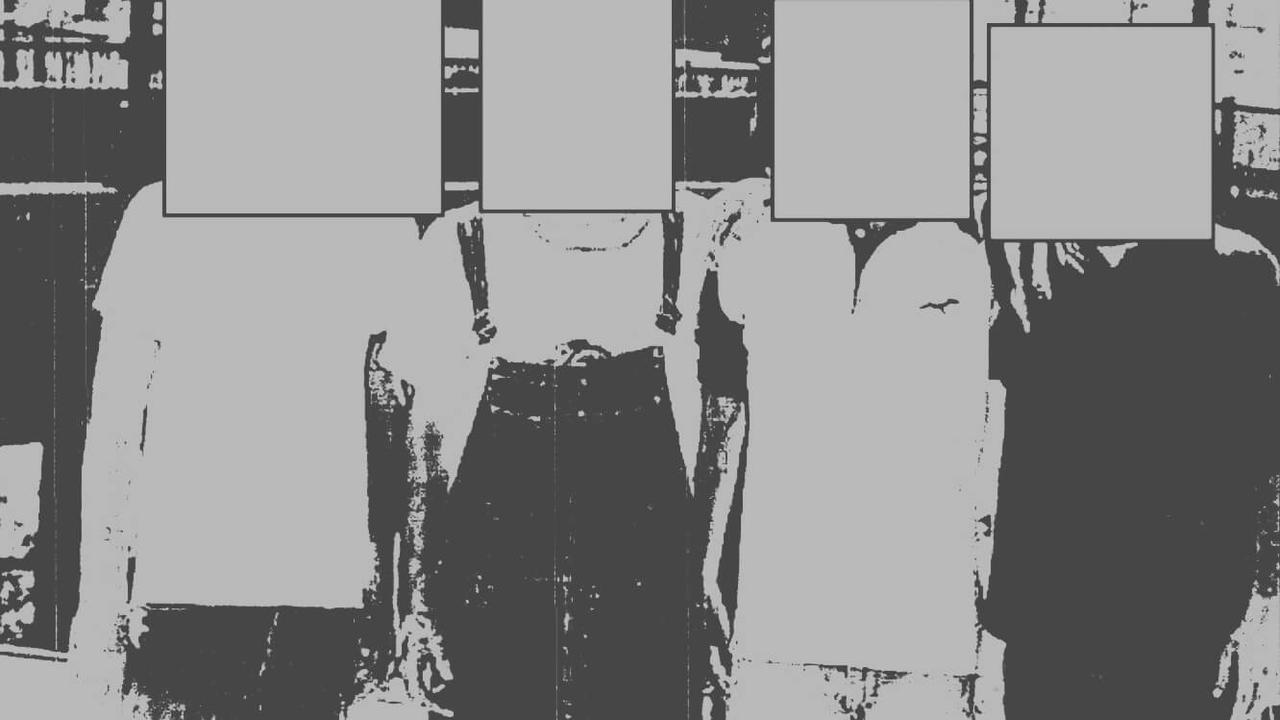
five of the Israelis came to the FBI's attention after they were seen by New Jersey residents on Sept. 11 making fun of the World Trade Center ruins and going to extreme lengths to photograph themselves in front of the wreckage. The FBI seized and developed their photos, one of which shows Sivan Kurzberg flicking a cigarette lighter in front of the smouldering ruins in an apparently celebratory gesture. -Associated Press via Globe and Mail (2001)
In 2002, a "high-ranking American intelligence official" told Forward magazine that the men were "conducting a Mossad surveillance mission" - using their employer, Urban Moving Systems of Weehawken, NJ as a front. According to a 2002 report by ABC News, the FBI suspected the same.
The driver of the van, Sivan Kurzberg, told the officers, "We are Israeli. We are not your problem. Your problems are our problems. The Palestinians are the problem." The other passengers were his brother Paul Kurzberg, Yaron Shmuel, Oded Ellner and Omer Marmari.
When the men were transferred to jail, the case was transferred out of the FBI's Criminal Division, and into the bureau's Foreign Counterintelligence Section, which is responsible for espionage cases, ABCNEWS has learned.
One reason for the shift, sources told ABCNEWS, was that the FBI believed Urban Moving may have been providing cover for an Israeli intelligence operation. -ABC News (2002)
The Israelis claimed to have been on a "working holiday" in the United States, and were cleared by the FBI to return to Israel. During a media appearance on Israeli TV, one of the men said that they had been in New York at the time to "document the event" according to the 2002 ABC News report.
In May, the Trump administration complied with a FOIA request to provide redacted black-and-white photos of the men, however they do not appear to shed much additional light.
Authored by Ruchir Sharma, op-ed via The New York Times,
The policies created to pull the world out of recession are still in place, but now they are strangling the global economy...
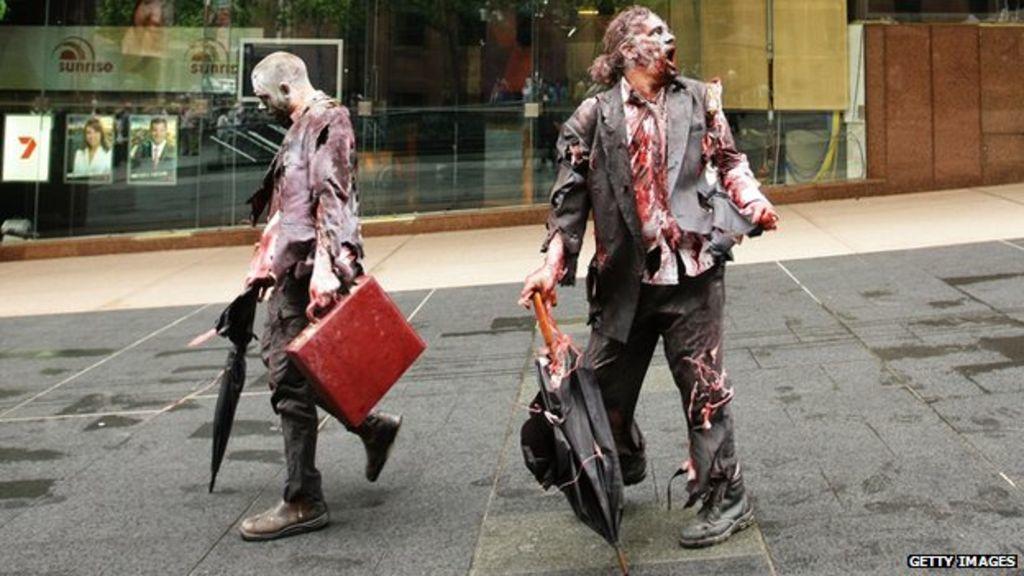
The United States’ recovery from the Great Recession recently turned 10 years old, matching the longest American expansion since records were first kept in the 1850s. The global recovery will also turn 10, in January, if it lasts that long — and that, too, would be a record.
But there have been few celebrations, in part because trade tensions have further slowed the pace of recovery. Since the end of the recession, the economy has grown at about 2 percent a year in the United States and 3 percent worldwide - both nearly a point below the average for postwar recoveries.
What explains the longest, weakest recovery on record? I blame the unintended consequences of huge government rescue programs, which have continued since the recession ended.
Before 2008, more open trade borders and better internet communications promoted strong growth by leveling the playing field, inspiring the Times columnist Thomas Friedman to declare that “the world is flat.”
Once the crisis hit, however, governments erected barriers to protect domestic companies. Central banks aggressively printed money to restore high growth. Instead, growth came back in a sluggish new form, as easy money propped up inefficient companies and gave big companies favorable access to cheap credit, encouraging them to grow even bigger.
If the world was flat and fast before 2008, today it’s fat and slow.
Central bankers had hoped that low interest rates would spur investment, increasing productivity and boosting growth. But a recent paper from the National Bureau of Economic Research shows that low rates gave big companies an incentive and means to grow bigger. As their power grows, workers’ share of national income has been shrinking, fueling inequality — and anger.
Four airlines and three rental car companies account for more than 80 percent of the American travel markets. Go into any American mall and you can buy jewelry at Zales, Jared, Kay and several other chains, all now owned by the same parent company. These days tech insurgents aspire to be purchased by Google and Facebook, not to replace them.
As big companies grow more dominant, life gets tougher for entrepreneurs. Start-ups represent a declining share of all companies in Britain, Italy, Spain, Sweden, the United States and many other industrialized economies. The United States is generating start-ups — and shutting down established companies — at the slowest rates since at least the 1970s.
The Bank for International Settlements, the global bank that serves central banks, says low rates are fueling the rise of “zombie firms,” which don’t earn enough profit to cover their interest payments and survive by repeatedly refinancing their loans.
Zombies now account for 12 percent of the companies listed on stock exchanges in advanced economies and 16 percent in the United States, up from 2 percent in the 1980s. Companies are surviving in the “zombie state” for longer, depleting the productivity of healthy companies by competing with them for capital, materials and labor.
These, then, are the trademarks of the fat and slow world: larger corporations, declining competition and fewer start-ups, which together undermine and slow economies already hindered by falling growth in the working-age population.
The bright side of endless stimulus, if there is one, is that recessions have become increasingly rare. Only 7 percent of the nearly 200 countries tracked by the International Monetary Fund suffered negative growth last year; that is about half the average share since records began. The I.M.F. projects that share will fall to 3 percent in 2020, close to a record low.
A global economy ruled by big, indebted companies looks sluggish but, in the view of many commentators, also very stable. Even as trade wars undermine economic growth, most investors assume central banks will ride to the rescue before it deteriorates into outright recession.
The problem, however, is that government stimulus programs were conceived as a way to revive economies in recession, not to keep growth alive indefinitely. A world without recessions may sound like progress, but recessions can be like forest fires, purging the economy of dead brush so that new shoots can grow. Lately, the cycle of regeneration has been suspended, as governments douse the first flicker of a coming recession with buckets of easy money and new spending. Now experiments in permanent stimulus are sapping the process of creative destruction at the heart of any capitalist system and breeding oversize zombies faster than start-ups.
To assume that central banks can hold the next recession at bay indefinitely represents a dangerous complacency. Corporate debt levels continue to rise; government debts and deficits continue to rise. If there is a sudden break in confidence, the damage will be that much greater and governments may find themselves too broke to stem it.
Until then, we are in a fat and slow world.
* * *
Ruchir Sharma, author of “The Rise and Fall of Nations: Forces of Change in the Post-Crisis World,” is the chief global strategist at Morgan Stanley Investment Management and a contributing opinion writer.
A UK pedestrian was arrested and fined £90 ($115 US) after attempting to cover his face while passing a controversial facial recognition camera van on a East London street. The notorious London police vans scan the faces of passers-by and compare them to a database of wanted criminals.
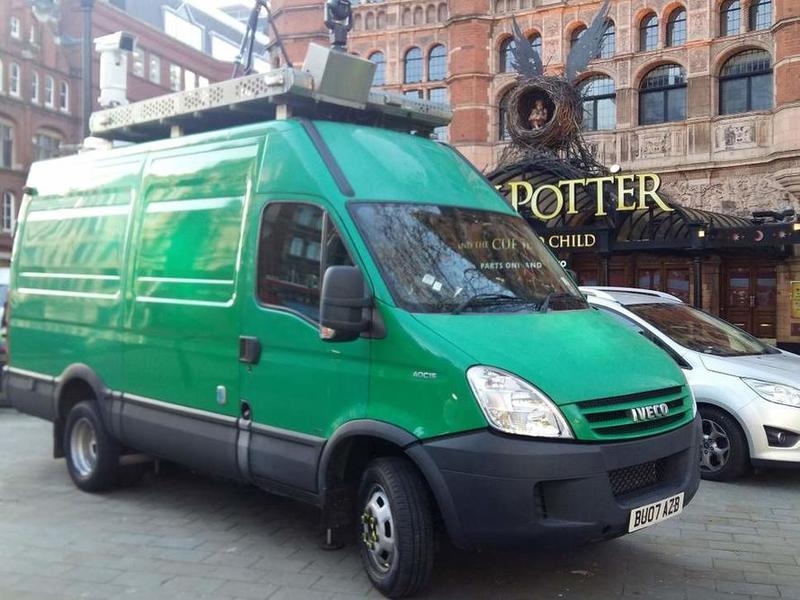
One man wasn't having any of it, and was seen covering his face with his hat and jacket before London police stopped him and took his picture anyway according to the Daily Mail.
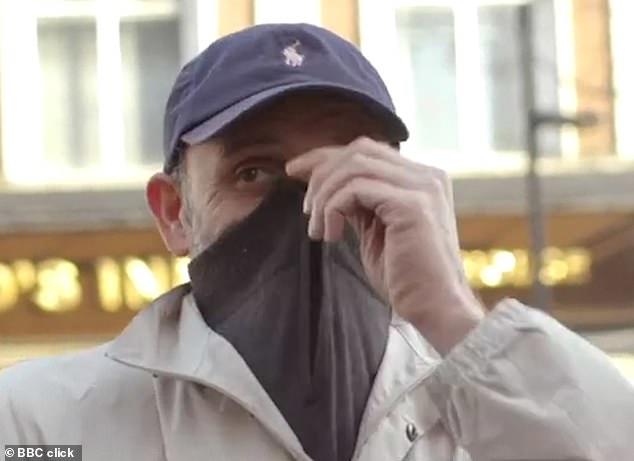
"If I want to cover me face, I'll cover me face. Don't push me over when I'm walking down the street," said the man after his stop.
"How would you like it if you walked down the street and someone grabbed your shoulder? You wouldn't like it, would you?" the man asked an officer, who replied "Calm yourself down or you're going in handcuffs. It's up to you. Wind your neck in."
"You wind your neck in," the man replied.
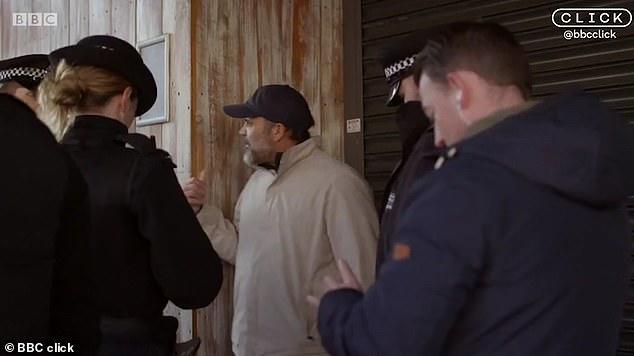
After being fined, the man told a reporter: 'The chap told me down the road - he said they've got facial recognition. So I walked past like that (covering my face).
'It's a cold day as well. As soon as I've done that, the police officer's asked me to come to him. So I've got me back up. I said to him 'f*** off', basically.
'I said 'I don't want me face shown on anything. If I want to cover me face, I'll cover me face, it's not for them to tell me not to cover me face.
'I've got a now £90 fine, here you go, look at that. Thanks lads, £90. Well done.' -Daily Mail
The ticketing comes in the wake of another similar incident in February, in which another man refused to be scanned by one of the facial recognition vans and was also fined £90.
"He simply pulled up the top of his jumper over the bottom of his face, put his head down and walked past," said Silkie Carlo, director of Big Brother Watch, who added that at least one man had seen placards warning the public of the facial recognition cameras being used from a parked police van.
"There was nothing suspicious about him at all … you have the right to avoid [the cameras], you have the right to cover your face. I think he was exercising his rights," said Carlo.
Meanwhile, the technology is terribly inaccurate - wrongly matching over 2,000 people to criminals when it was deployed ahead of the Champions League Final in Cardiff in 2017.
Last December, a suspect was arrested by the Metropolitan Police during a trial of the facial recognition technology among Christmas shoppers at Leicester Square in London's West End.
Another man was stopped due to the technology, but found not to be the man the computer thought he was - although he was arrested over another offence.
Big Brother Watch has previously said the technology is a 'breach of fundamental rights to privacy and freedom of assembly'. -Daily Mail
"It is important to note that police are now days away from making a decision about the future of facial recognition in the UK," Carlo told MailOnline. "We believe it has no place in a democracy and we will continue with our legal challenge against the Met if they do go ahead with it."


